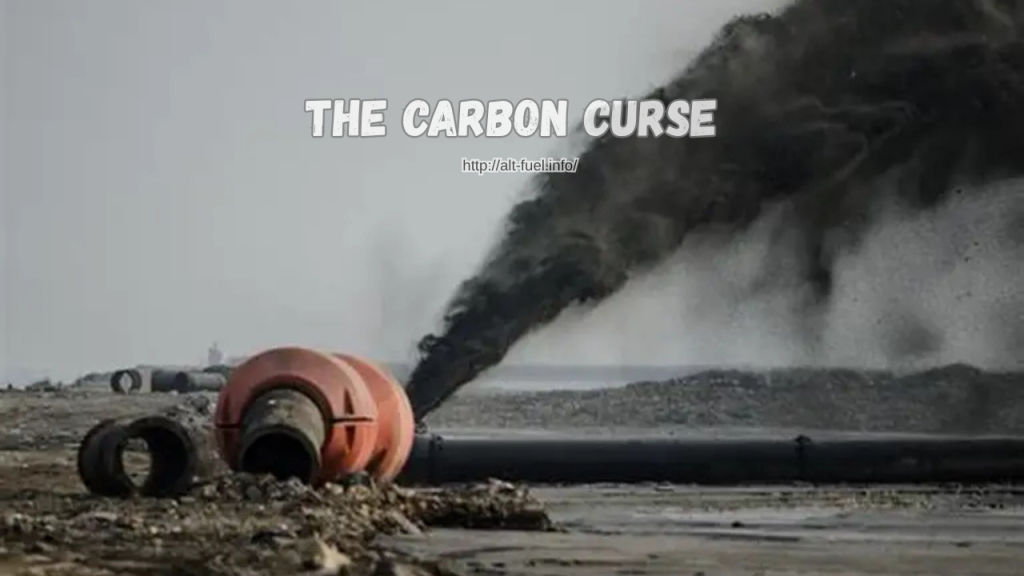
North America faces an energy challenge that goes beyond infrastructure and technology—it is a challenge of mindset, values, and collective responsibility. For decades, fossil fuel dependence has fueled economic growth and comfort, but it has also left a legacy of pollution, environmental degradation, and social strain. Just as addiction affects both mind and body, society’s reliance on oil impacts mental, physical, and ecological health. Addressing this dependence requires more than policy—it requires compassion, holistic thinking, and a commitment to renewal.
At alt-fuel.info, we understand that recovery is a journey that encompasses mind, body, and spirit. Applying the same principles to energy use, individuals and communities can take meaningful steps toward reducing dependence on fossil fuels while nurturing wellbeing, resilience, and sustainability.
Recognizing the Toll of Energy Addiction
Environmental and Social Costs
Fossil fuel consumption contributes to air and water pollution, climate change, and habitat destruction. These environmental consequences directly affect human health, increasing rates of respiratory illness, stress, and trauma in affected communities. Like the hidden costs of personal addiction, the societal costs of oil dependence often go unacknowledged until crises arise.
Emotional and Psychological Impacts
Exposure to pollution and climate-related disasters can create emotional strain similar to that experienced in addiction. Anxiety, depression, and a sense of helplessness are common in communities facing environmental stressors. Recognizing these emotional impacts is a critical step in motivating action and fostering both personal and societal resilience.
Compassion as a Catalyst for Change
Holistic Principles in Energy Recovery
At alt-fuel.info, holistic care integrates mind, body, and spirit to support sustainable recovery. Similarly, addressing fossil fuel dependence requires an approach that considers ecological, social, and emotional factors. Compassion becomes a guiding principle, encouraging us to care for ourselves, our communities, and the planet.
Aligning Values with Action
Compassion drives intentional energy choices. Supporting renewable energy, reducing consumption, and advocating for sustainable policies are all acts of care. These decisions reinforce positive behavioral change and create a ripple effect, inspiring others to engage in environmental stewardship.
Practical Steps Toward an Energy Revolution
Turning Awareness into Action
- Adopt Renewable Energy – Embrace solar, wind, and biofuel alternatives to reduce fossil fuel dependence.
- Conserve Resources – Reduce unnecessary energy use at home, work, and in transportation.
- Educate and Advocate – Raise awareness about the environmental and emotional consequences of energy habits.
- Engage in Community Initiatives – Support programs that promote sustainable living and renewable energy infrastructure.
Building Community Support
Recovery, whether personal or societal, thrives in supportive networks. Faith-based groups, holistic organizations, and community initiatives provide accountability, encouragement, and shared learning. Together, communities can shift energy practices while fostering emotional, social, and ecological wellbeing.
The Broader Vision: Renewal for People and Planet
Shifting from pollution to renewable energy is more than a technical task—it is an ethical and emotional commitment. Every choice to reduce fossil fuel use strengthens communities, improves mental and physical health, and contributes to a healthier planet. Like personal recovery, societal transformation requires patience, consistent effort, and compassionate guidance.
Leading with Compassion
North America’s energy dependence has created significant environmental and social challenges, but change is possible. By applying principles of compassion, holistic care, and intentional action, individuals and communities can reclaim balance, foster wellbeing, and power a renewable energy revolution.
At alt-fuel.info, we guide individuals through holistic recovery, offering tools, education, and support that empower personal and societal change. Every step toward mindful energy use and sustainability strengthens our communities and the planet.
The journey from pollution to renewal begins today. Compassion, awareness, and action are the keys to a sustainable, thriving future.






